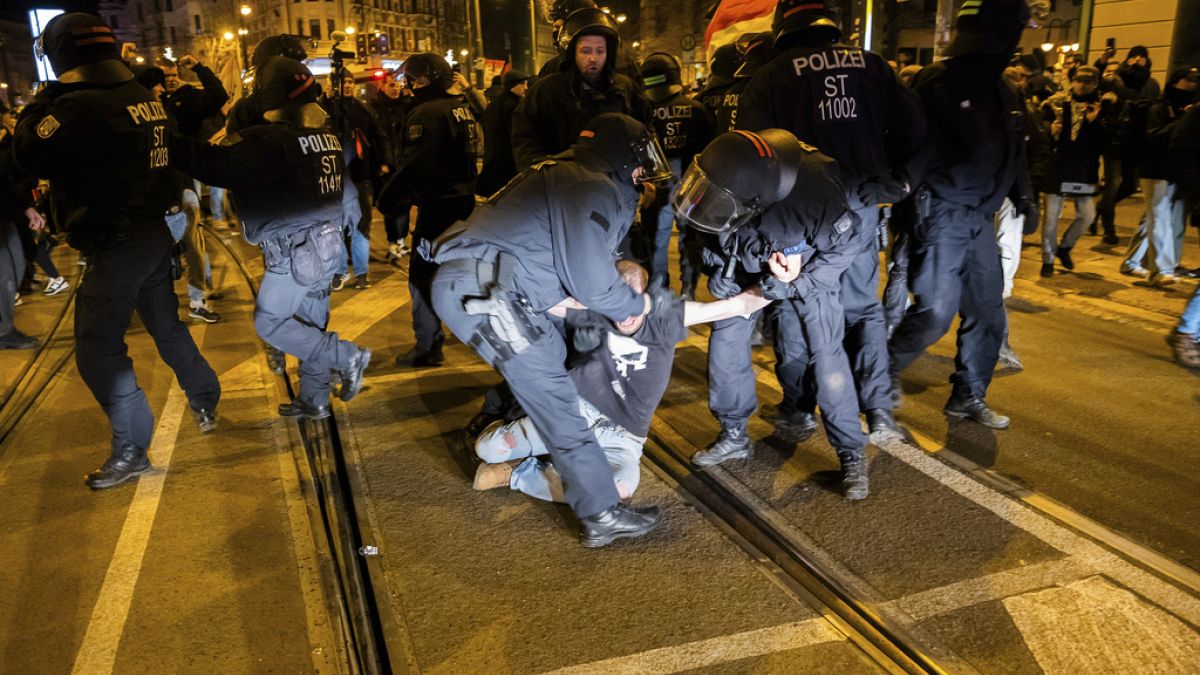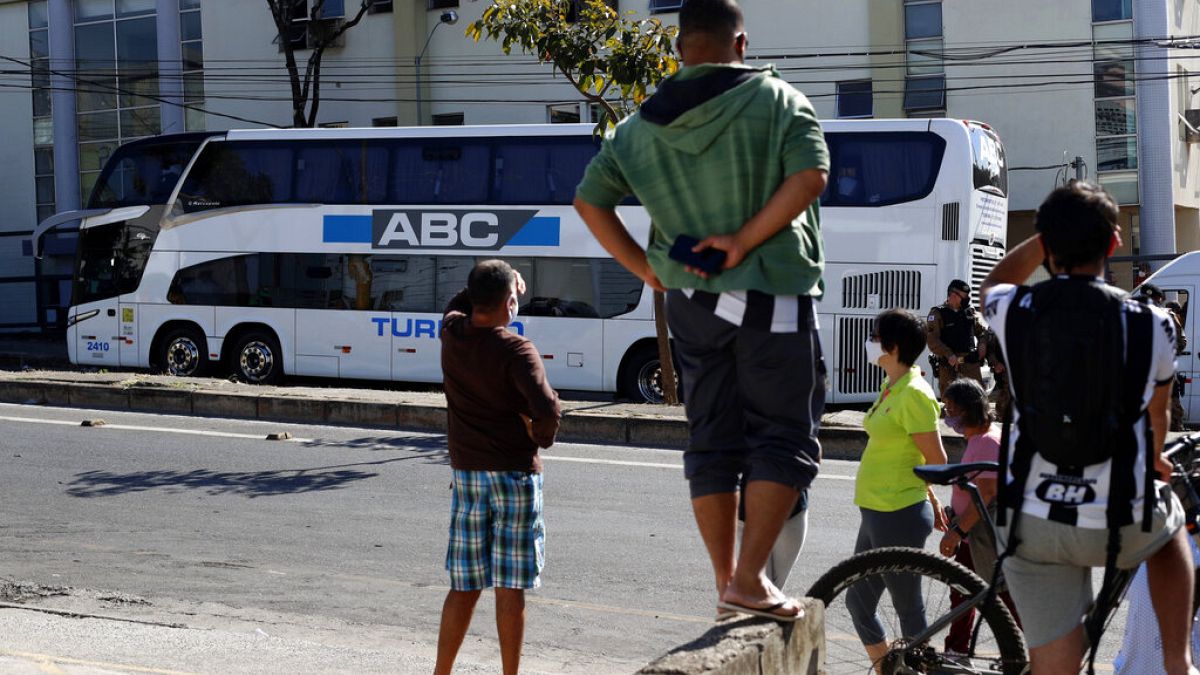Hopes for ceasefire diminish day after killing of Hamas leader Sinwar

International leaders heralded the death of Hamas leader Yahya Sinwar as an opportunity to begin ceasefire negotiations — an idea Hezbollah, Israel and Hamas have rebuffed.
Following the killing of Hamas leader Yahya Sinwar in Gaza on Thursday, US presidential candidate Kamala Harris said it was time for the “day after to begin” in the Middle East.
The day after his death, however, Israel, Hamas and Hezbollah gave little indication any immediate fighting would stop, with both sides of the conflict instead buckling down on their conflicting demands.
After the Israeli military confirmed it had killed Sinwar, international leaders — led by US President Joe Biden — said that his death would allow ceasefire negotiations to move forward.
US Secretary of State Anthony Blinken said that Sinwar, who was widely considered to be the primary architect behind the 7 October terrorist attacks, was a big obstacle in the negotiations between Israel and Hamas.
“On multiple occasions over the past months, Sinwar rebuffed efforts by the United States and its partners to bring this war to a close through an agreement that would return the hostages to their families and alleviate the suffering of the Palestinian people,” Blinken said in a statement Thursday.
So far, Israel has not given any indication it would be willing to start negotiations with Hamas or its Iran-backed ally, Hezbollah.
Israeli Prime Minister Benjamin Netanyahu addressed the families of hostages Thursday, saying that it was an “important moment” to bring the hostages home, adding that anyone who assisted with the return of hostages would be allowed to leave Gaza.
Still, the leader failed to say how Israel would fulfil Hamas’ key demand that Israel withdraw completely from the Gaza Strip.
Netanyahu also said after Sinwar’s death was confirmed that the war was not over, with “the task before us not yet complete”.
The Israeli military called up an additional reserve brigade in northern Israel on Thursday, a signal that it is prepared to continue its ground incursion into southern Lebanon whilst it simultaneously pummels Beirut’s suburbs.
Hamas, Hezbollah and Iran sabre-rattle
Senior Hamas official Khalil Al Hayya, who served as the chief negotiator for Hamas in talks for a ceasefire, also gave little hope that the group would be willing to compromise on their ceasefire conditions.
In a televised address, Al Hayya reiterated the group’s core demands that Israel withdraw from the Gaza strip and Palestinian prisoners in Israel be released.
Hezbollah, whose targets Israel is hitting in Lebanon, said that Sinwar’s death meant “the transition to a new and escalating phase in the confrontation with Israel.”
On Friday, the group issued a statement saying their fighters have used new types of precision-guided missiles and explosive drones against Israel in recent days, including one that hit a military training camp in Israel last Sunday, killing four people.
They added that the group were preparing in advance to battle Israeli troops in southern Lebanon and announced several missile and artillery attacks on Israeli forces on the border between the countries overnight.
Iran, who hit Israel in an attack two weeks ago, said that Sinwar would be remembered as an “inspiration”.
Israel has threatened to retaliate to Iran’s attack, compromising that it would not hit military or nuclear targets in the country after Biden warned Netanyahu that the US would not support such attacks.
Additional sources • AP
World News || Latest News || U.S. News
Source link



